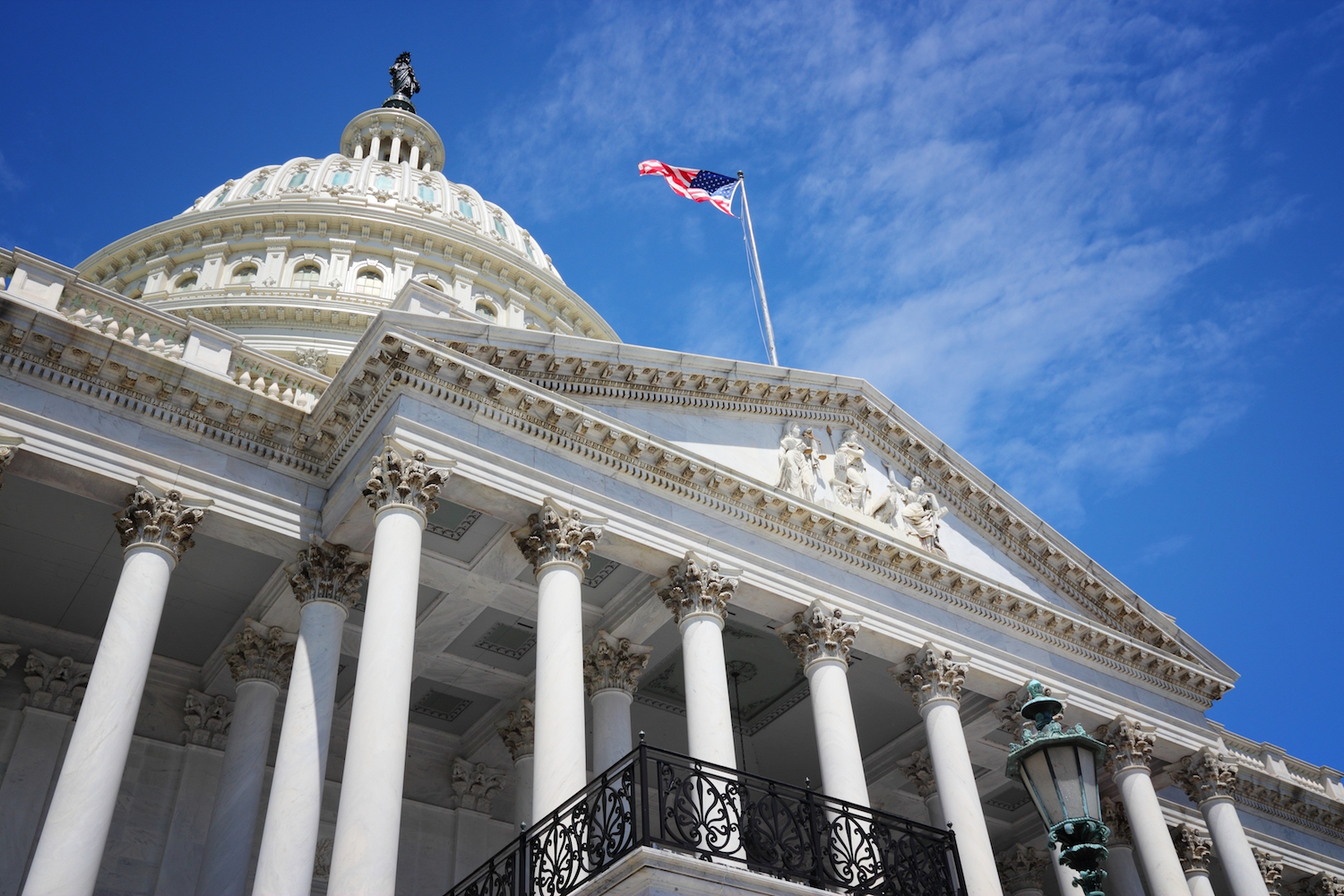
New Delhi: According to the Congressional Research Service’s (CRS) report, it has been outlined that the amended CAA law together with a National Register of Citizens (NRC) that is being planned by the government of Narendra Modi “may affect the status” of the Muslim minority in India.
The report further exclaimed that the amended act would be the first such act to be including a religion criterion to the nationalization process of the country after independence. The report was submitted on December 18th.
The Congressional Research Service is an independent research wing of the US Congress. This research centre aims at preparing periodic reports on issues related to domestic as well as global importance. Hence, assisting the lawmakers in making an informed decision. However, these aren’t recognized as official reports of the US Congress.
CRS highlighted through its first report on CAA law, “In tandem with a National Register of Citizens (NRC) planned by the federal government, the CAA (Citizenship Amendment Act) may affect the status of India’s large Muslim minority of roughly 200 million.”
The CRS is an independent research wing of the US #Congress which prepares reports periodically on issues of domestic and global importance for the lawmakers to take informed decision https://t.co/18TEdZyGjA
— The Hindu (@the_hindu) December 27, 2019
The law would provide Indian nationality to the non-Muslim refugees who came to India till December 31, 2014, in order to run away from the religious persecution in Pakistan, Bangladesh and Afghanistan.
CRS has come up with a two-page report that stated, “India’s Citizenship Act of 1955 prohibited illegal immigrants from becoming citizens. Among numerous amendments to the act since 1955, none contained a religious aspect.”
After the amended CAA surfaced, there have been many protests against the BJP government and Prime Minister, Narendra Modi. The oppositions are claiming that the law would be taking India towards Hindu majoritarian country. At the same time carrying with itself the anti-Muslim agenda while threatening the status of India being called a secular republic. The law also violates international human rights norms.
The report has also included in its research that the CAA law while allowing immigrants of non-Muslim religions excluding Muslims may end up violating certain Articles of the Indian Constitution, in particular Articles 14 and 15.
Since CAA’s announcement, there have been many protests against the same. The law has been also challenged in the Supreme Court by petitioners. However, the court has denied issuing a stay on implementation of CAA. As per the reports, the hearing of petitions is being deferred until January 22.
It said, “Proponents say that Muslims do not face persecution in Pakistan, Bangladesh, or Afghanistan and that the CAA is constitutional because it addresses migrants rather than Indian citizens.”
Alongside all the other statements, CRS also deemed, “Yet it is not clear why migrants from other neighbouring countries with state (or favoured) religions, such as Sri Lanka (where Buddhism is the official religion and Tamil Hindus face persecution) and Burma (where Buddhism enjoys primacy and Rohingya Muslims are persecuted), are excluded from a path to citizenship. In addition, oppressed Muslim minority communities such as Pakistan’s Ahmadis and Shias enjoy no protection under the CAA.”
The report also addressed the concern regarding NRC from the other groups including United Nations, the US Commission for International Religious Freedom, and independent human rights groups while adding, “The New Delhi government maintains that the NRC update is a fair and non-discriminatory process driven by the Supreme Court that does not impose a religious test or render any persons ‘stateless’.”